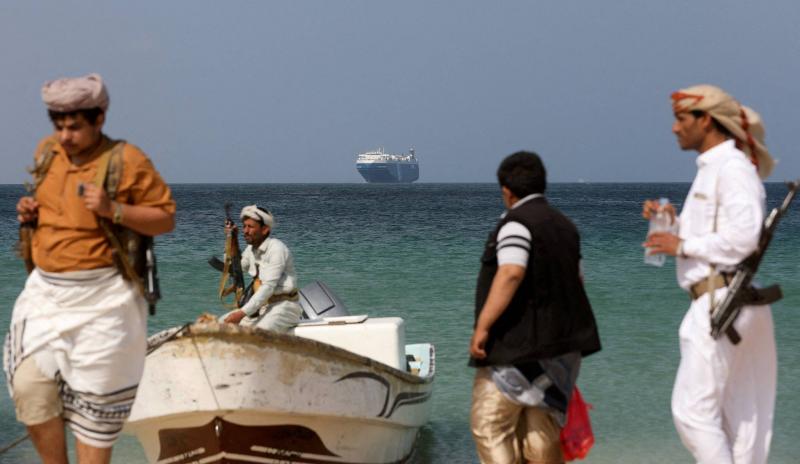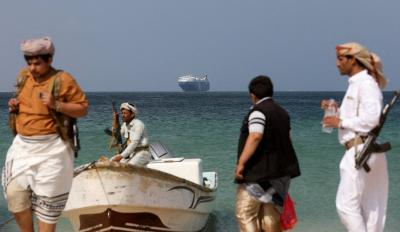Exporters are diligently seeking ways to deliver essential consumer goods to buyers, including via air transport, as a series of attacks in the Red Sea has exacerbated shipping supply chain issues elsewhere. The Houthi movement in Yemen has intensified its attacks on ships in the Red Sea since November 19, demonstrating support for Hamas amid the ongoing Israeli military assault in Gaza.
These attacks have disrupted a vital trade route connecting Europe and North America to Asia through the Suez Canal, driving container shipping costs sharply upward. Companies are now looking to transport their goods via alternative, often longer, routes. Jan Klein Lastoeis, CEO of air cargo operations at leading German shipping company Hellmann Worldwide Logistics, stated that companies are now trying to shift to what is known as multimodal transport to maintain global supply chains, which involves a combined sea and air route.
He added that this means transporting goods first by sea to a port in Dubai, from where they are then transferred via air freight. Klein Lastoeis told Reuters, "This alternative route allows clients to avoid the danger zone in the Red Sea and the lengthy journey around the southern tip of Africa." He noted that many retailers, especially in the fashion industry, had previously adjusted their import plans and shifted to maritime shipping as the dominant mode of transport.
Klein Lastoeis continued that Hellmann has seen an increase in demand for the combined air and sea route for consumer goods such as clothing, as well as electronics and technical materials. He further stated, "Given the current situation, it is likely that many shipments are stuck in containers in the Red Sea or delayed due to rerouting around the Cape of Good Hope. This delay is likely to impact retail operations in Europe and the Americas as it happened suddenly."
Teliwind Shipping Lines, a company affiliated with the German discount supermarket chain Lidl, which transports non-food goods for Lidl as well as goods for third-party customers, reported that it is currently shipping goods around the Cape of Good Hope. They stated, "Our goal is to stay as close to our schedule as possible." Container shipping prices on shipping lines from Asia to Northern Europe have risen 14 percent since the announcement of rerouting last week, according to analysis from the global shipping platform Freightos.
**Economic Impact**
Kory Ranslem, CEO of British maritime risk and security consultancy Dryad Global, indicated that about 35,000 ships pass through the Red Sea annually, transporting goods between Europe, the Middle East, and Asia, which accounts for roughly ten percent of global GDP. Shipping companies remain largely unaware of various aspects concerning the new international maritime alliance that the United States is working to establish to stabilize the region.




